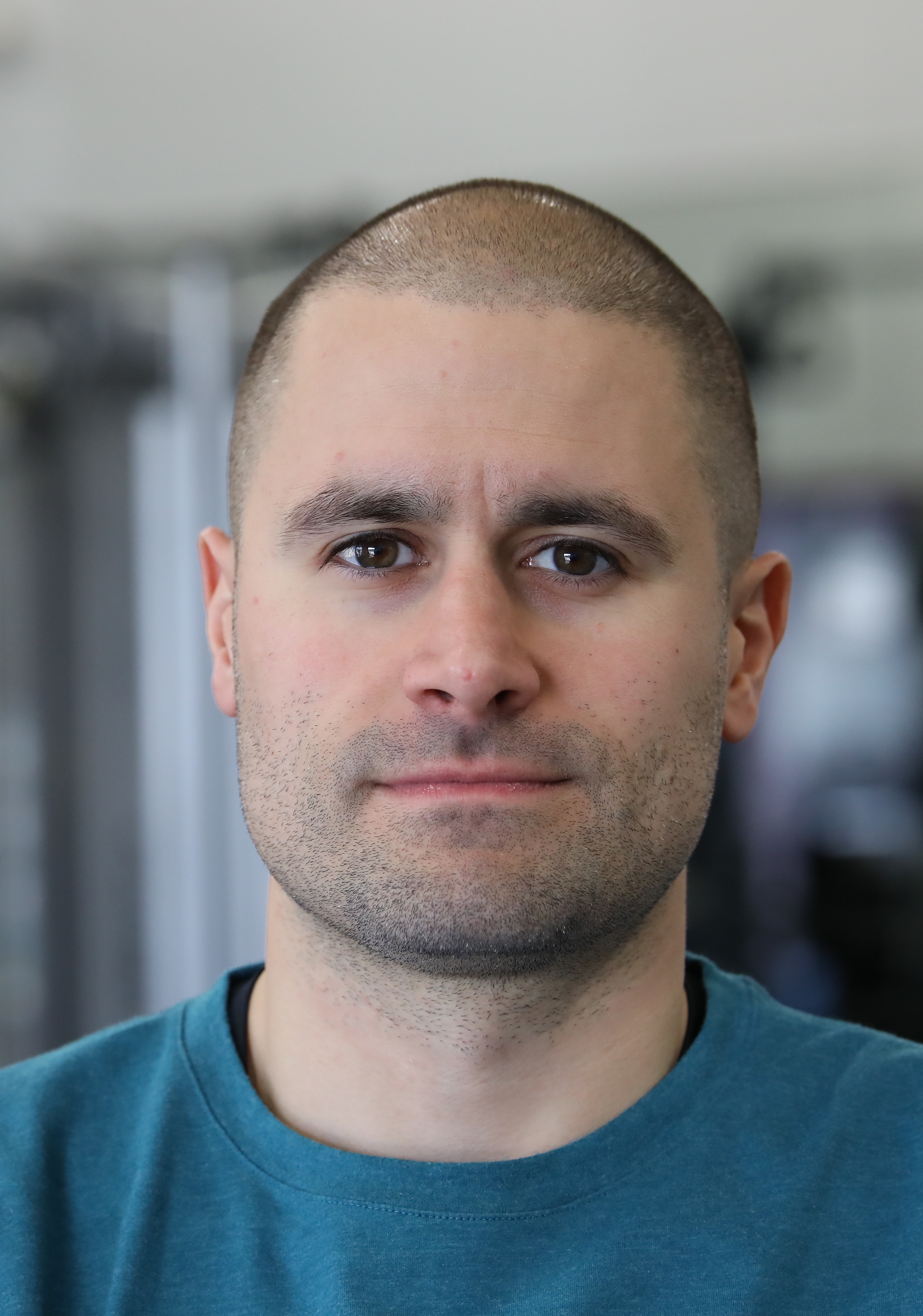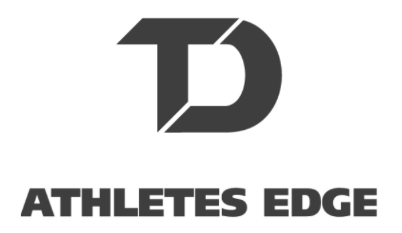THE CRYSTAL BALL OF SPORTS MEDICINE/STRENGTH & CONDITIONING IN PRO SPORT
It's hard enough to break in and stay in when it comes to sports medicine/strength & conditioning in professional sport. It's damn near impossible if you aren't speaking the current languages and don't understand today's currency. Let's gaze into the crystal ball of sports medicine and performance at the pro level so you can enter and function in this new territory like a boss!
The list of changes within sports medicine/performance at the pro sport level is growing each day. For this post I'm going to target 3 areas of evolution:
1. eyes for movement
Most people assume that pro athletes wouldn't make it to the pros without great movement skills. Wrong! Many pro athletes get to the top levels despite their movement flaws. They rely on exceptional sport skill and raw athleticism to make up for limited fundamental movement skills. This is a deadly combination because lots of horsepower without basic movement skills is normally part of the injury equation.
To further emphasize my point let me summarize my training philosophy in 1 sentence: "Learn to move, and learn to move heavy things responsibly." The best in this field all have something in common - they have eyes for movement. The value on observation, evaluation, and the ability teach movement at a high level is only going to keep growing moving forward. Make this a priority if you want to function within a sports medicine/performance staff at the pro sport level.
2. languages of rehab
You better be able to speak "rehab" if you want to call a spot on a pro sports medicine/performance staff home. This is a touchy subject for some but the fact is that physical therapists are showing up more and more on pro sports medicine/performance staffs. This might be good, bad, or ugly but that's a different topic for a different post. I'm not saying you need to be a licensed physical therapist, but I am saying you need to be able to hold a high level clinical conversation with a skilled PT.
In addition to speaking "rehab" you better be able to link your skill set to the rehab process. In other words, if you're not a PT then you better have PT-like skills. Like it or not, this is where the field is headed.
3. respect sports science
Just to clarify, testing out the latest wearable technology on yourself or your athletes doesn't make you a sports scientist. I have no respect for the abuse of the term "sports science," but I have loads of respect for what that term truly and responsibly refers to.

Tim DiFrancesco, PT, DPT, ATC, CSCS spent 6 seasons as the Head Strength & Conditioning Coach of the Los Angeles Lakers and is the founder of TD Athletes Edge. He is nationally renowned for his evidence-based and scientific approach to fitness, training, nutrition, and recovery for athletes and fitness enthusiasts.
For training and nutrition advice, follow us on:
• Instagram http://instagram.com/tdathletesedge
• Twitter http://twitter.com/tdathletesedge
• Facebook http://www.facebook.com/tdathletesedge
• YouTube https://www.youtube.com/user/tdifranc1
• Podcast http://www.tdathletesedge.com/podcast
• Website http://www.tdathletesedge.com
ABOUT THE AUTHOR

Tim DiFrancesco, PT, DPT spent 6 seasons as the Head Strength & Conditioning Coach of the Los Angeles Lakers and is the founder of TD Athletes Edge. He is nationally renowned for his evidence-based and scientific approach to fitness, training, nutrition, and recovery for athletes and fitness enthusiasts.
